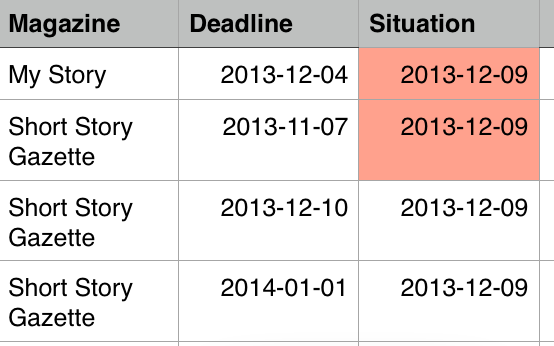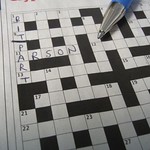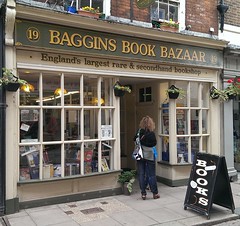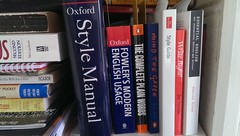
How do you know if you are, objectively speaking, a success as a writer?
Although I may be accused of taking too simplistic an approach to this question, I really do think that it comes down to just one thing.
Well, in practice, of course, there are many potential indications of success. For example, people telling you they like what you write. People asking when your next book is coming out. That sort of thing.
However, nice as such accolades are, they don’t pay the rent, and talk is, or can be, cheap.
 The good news for those of us who prefer just to write than to be multimedia producers is that consumers in the UK have shown a marked lack of interest in so-called “enhanced” ebooks.
The good news for those of us who prefer just to write than to be multimedia producers is that consumers in the UK have shown a marked lack of interest in so-called “enhanced” ebooks. The good news for those of us who prefer just to write than to be multimedia producers is that consumers in the UK have shown a marked lack of interest in so-called “enhanced” ebooks.
The good news for those of us who prefer just to write than to be multimedia producers is that consumers in the UK have shown a marked lack of interest in so-called “enhanced” ebooks.













